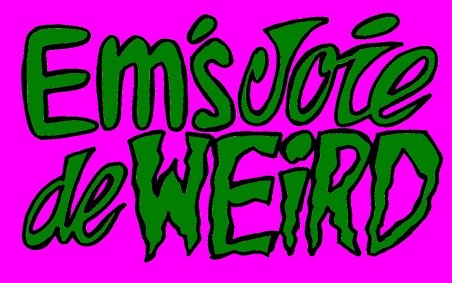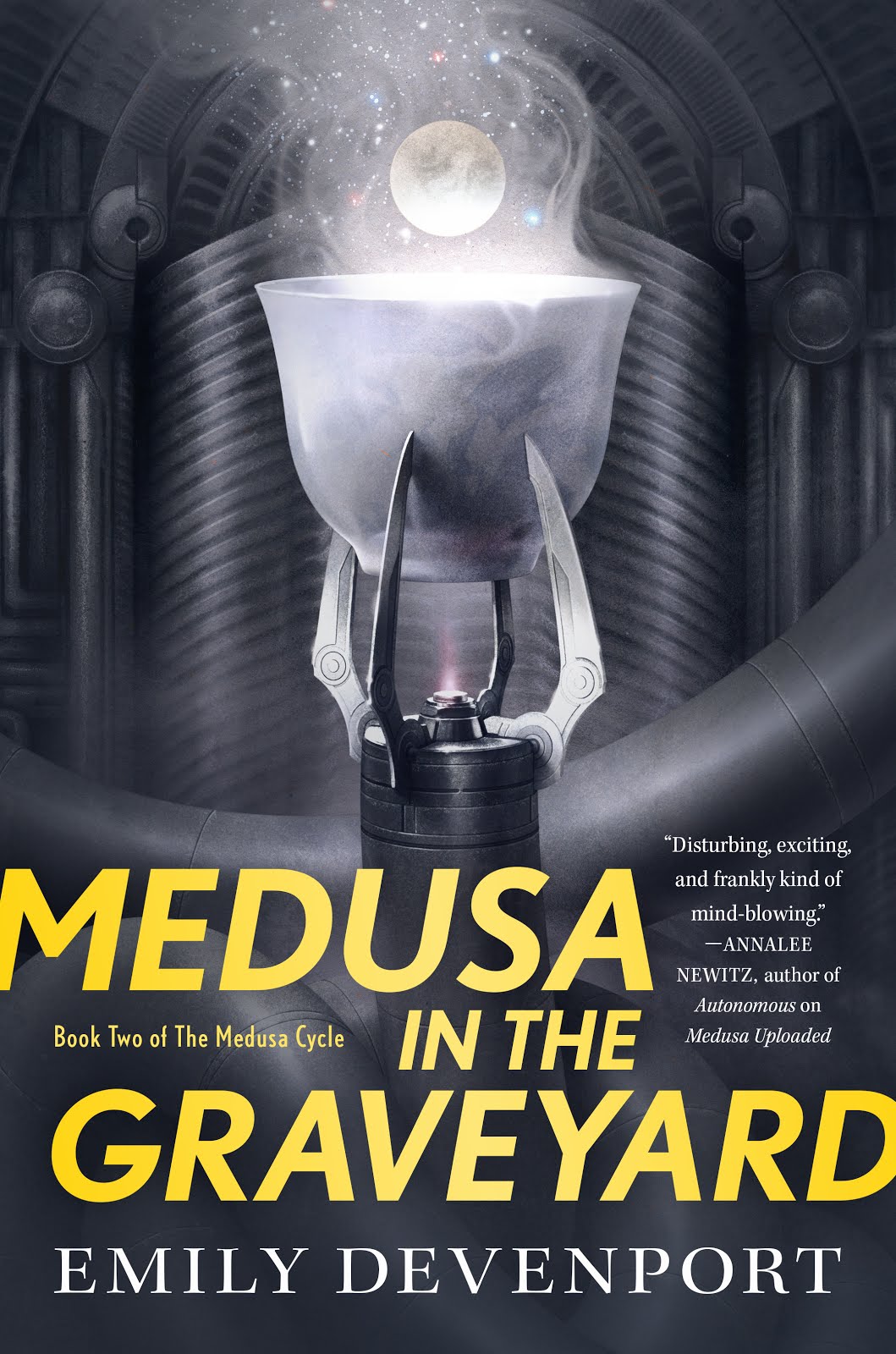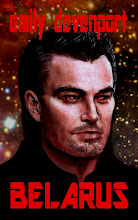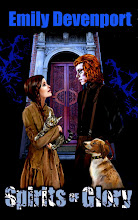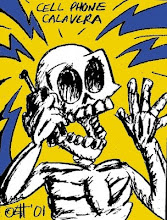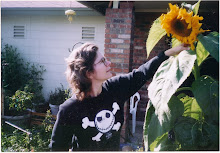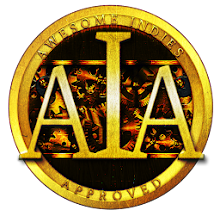
I confess, I spend most of my time lost in my own peculiar model of the universe, and I often misjudge people. For instance, I like to use this Comic Sans font on my blog because I think it’s the most readable. But do my readers feel the same way about it?
I also tend to misjudge other writers. It’s tempting to think we’re all the same breed, that the creative process is pretty much the same for all of us, and that we all know there are certain things we have to do in order to present a polished product to readers. But in fact, I’m really not sure how similar we are. Maybe the only thing we’ve got in common is that we’ve been on the bottom of the heap for as long as books (and magazines, and movies) have been a business.
By “bottom of the heap” I mean that we get the least amount of money and respect. For writers, that disrespect begins to pile up from the first moment we dare to submit work for publication, and it continues beyond the life of the writer. I’m not just talking about the innate contempt that critics feel, I’m talking about an attitude that publishers have for writers, because even when we’re big money earners for them, we are still supplicants. At least, we were until recently. Now their game is no longer the only game in town.
And that should be great for writers. Right?
Well, maybe. Probably. Or at least, it won’t be any worse than what we already had going. But here’s where it gets sticky, because there is something the big publishers have that we don’t.
They have really good editors.
This is one of those places where writers diverge. Some of us really HATE being edited. Just how many of us do, I’m not sure. For me, the editing process is absolutely critical to turning out a professional, polished product. I pay a professional editor to go over manuscripts I intend to publish. Her name is Elinor Mavor, and I recommend her highly. I also hire her to do the art I need for covers and for my website. I’m not an artist, and I know that once I’ve looked at one of my manuscripts long enough, I don’t see the mistakes anymore (plus I get heartily sick of it). I need an objective professional to look the manuscript over and point out things I can’t see.
Some writers feel insulted by the process of editing. They feel like they’re being second-guessed, often by someone they don’t respect, sometimes because they don’t have much respect for others in the first place. The fact is, writers can be complete jerks. Being a jerk doesn’t mean you’re not also a good writer. You can even be a delusional jerk and still be a good writer.
By now you’ve probably figured out I don’t have much sympathy for writers who hate being edited. But that’s not totally true, sometimes editors are wrong about stuff. I’ve been lucky -- nine of my novels were published by NAL/ROC, I had excellent editors for all nine books, and I made changes for about 90% of the stuff they indicated should be changed. I didn’t go for 100%. I used my judgement, and made the call to change or not to change. Because you have that choice! Even if you disagree with an editor, you’ve had the chance to look at your manuscript through new eyes, and this is valuable.
Most editing involves tiny tweaks, little changes that make the narrative flow smoother. Other suggestions are more substantial, and require more work and thought. This is not fun, it’s pick & shovel work -- and it’s what makes you a professional. If you’re an established writer I’m assuming you already know all this, though you may have told yourself editing was an odious process that you don’t have to tolerate anymore, now that you’re on your own. And maybe you’re right -- that remains to be seen.
But newbees need editors. And even though I’m not a newbee, I do too. In my opinion, so do most “established” writers.
Looking out at the world from Em Universe, I can foresee a time when editors who used to work for publishers will contract out to writers. Artists who can do commercial work will do the same. Many writers will believe they can do editing and art direction themselves, and a few of them will be right.
Very Few.
